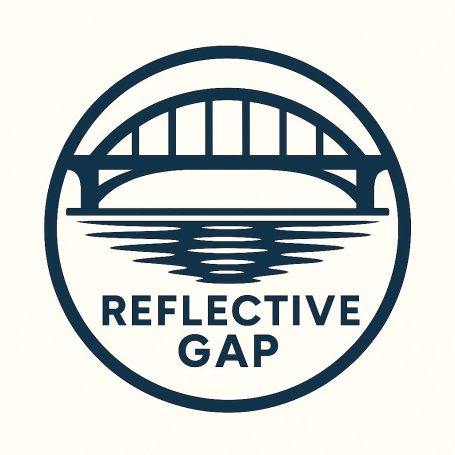Lukas Zapolnik
At the age of 17, I was presented with one of the most difficult decisions of my life. Remain at home, living in an abusive household where the consequences would assuredly be fatal or take my chances on my own. A few short months later I would make my first attempt at ending my own life. During my hospitalization I was diagnosed with borderline personality disorder, and then sent back into my abusive household where I would be told by my abusive mother that borderline personality disorder means I am lazy, and that I need to get a job. After becoming stranded because I missed my bus ride home, I would be told to fend for myself and spend almost 2 hours walking back home during a thunderstorm along one the of the busiest highways in the Greater Toronto Area while tractor trailers and other large vehicles sped past me. I lost count of how many times I prayed to whichever greater power existed to have one of them end my misery. Once I returned home, I would go on to work my night shift at the nearby grocery store where I had found employment. By the time I returned home the next morning, I was exhausted, defeated, and broken. At the same time, this became the catalyst which made my decision to finally leave my home.
My freedom came at the expense of spending the next 3 years living on the streets, and a further 3 years of homelessness where I would find shelter in vehicles, on couches, and anywhere else I could find it. Following my hospitalization and diagnosis at the age of 17, I received no follow ups from the hospital, social services, or any other agency. Like so many before me I was forgotten, dismissed, and abandoned by the very system sworn to protect me. The realization of the stigmas, biases, and dehumanization from the social services system would be driven home when at the age of 20, I walked into a welfare office asking for help and would be told that I don’t look homeless, and I don’t smell homeless. Once again, I found myself feeling despair and a longing to leave this world behind.
My mother’s words stayed with me, though. I would spend the next 20 years working in factories, call centres, and then in the construction industry. My life would consist of sometimes working up to 18 hours a day, sometimes without being allowed to take breaks or lunches, sometimes being forced to work seven days a week, being forced to register a business license, and sometimes not being paid for weeks or months at a time. Throughout the various abuses, inhumanities, and injustices I suffered, the reality still stayed with me that all this was better than the alternative. Cold, hard concrete. Hunger. Desperation. And eventually Death.
At the age of 37, I made my second major attempt at ending my life. The great change which occurred is that policies, systems, and regulations had vastly changed since the era of the late 1990’s and early 2000’s and I would finally receive some semblance of support. I was diagnosed with Post Traumatic Stress Disorder, and Major Depressive Disorder during this hospitalization and then spent 6 weeks in a psychiatric ward. I would be told my doctors and psychiatrists that my blood pressure was low and to drink as much water as possible only to be told by the nursing staff that I needed to wait until the next scheduled mealtime to get the water I asked for, only to be told again the following morning that I was not drinking enough water. Although, policies, systems, and regulations had improved vastly from 20 years ago, there are still many systemic issues that need to be addressed.
A few short years later I would become a certified peer support worker following the receipt of a scholarship from United Way of Greater Toronto to undergo an extensive training called PREP (Peer Support Recovery Program), a pursuing author, an advocate for bringing a greater understanding to how the various stigmas, biases, and systemic issues which affect all individuals, and an advocate for fostering strengths-based, inclusive, anti-oppressive, trauma informed approaches through an empathetic lens founded on solution-focused, authentic outcomes aimed at growth and development, mutuality, integrity, and hope.

